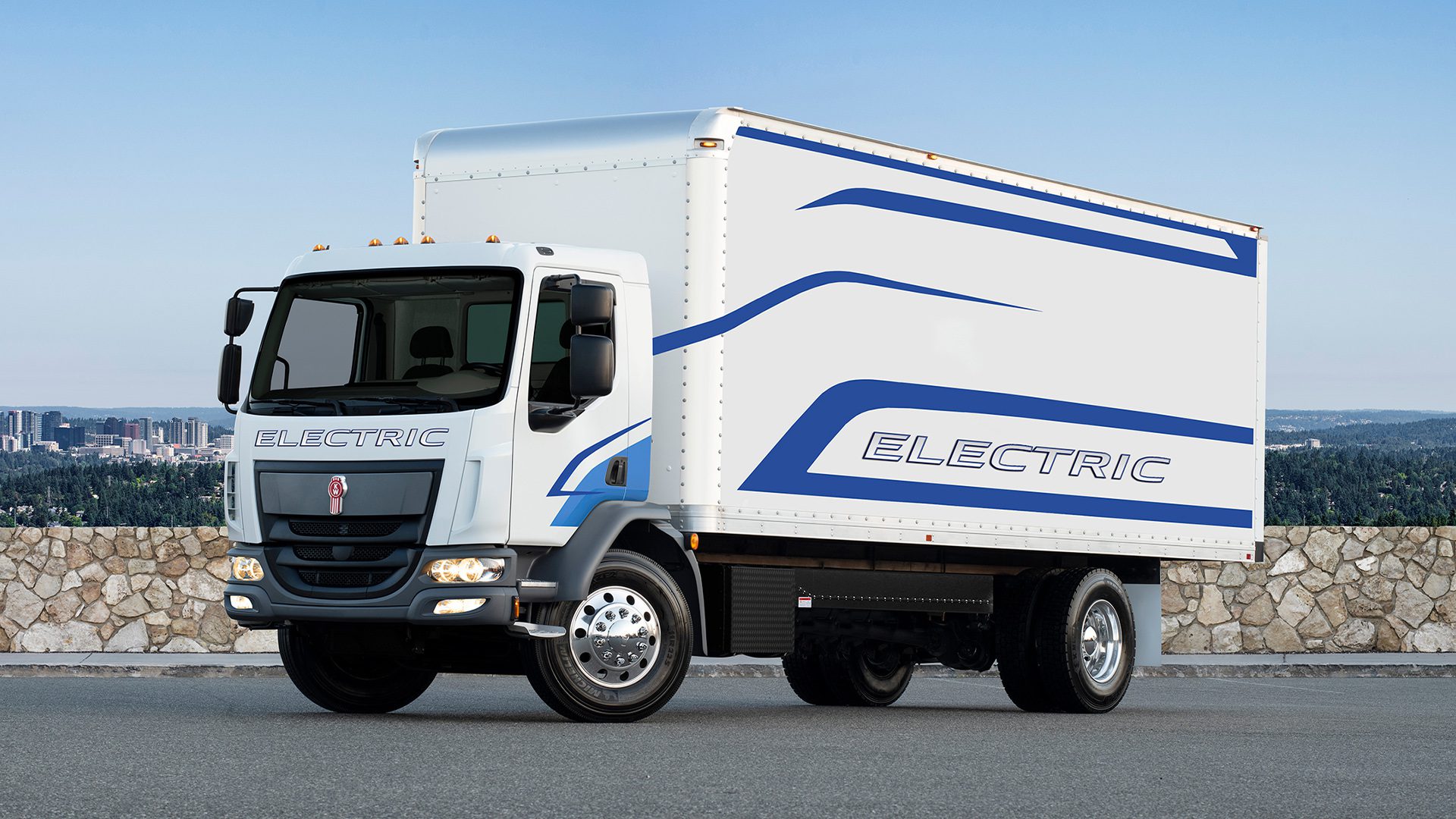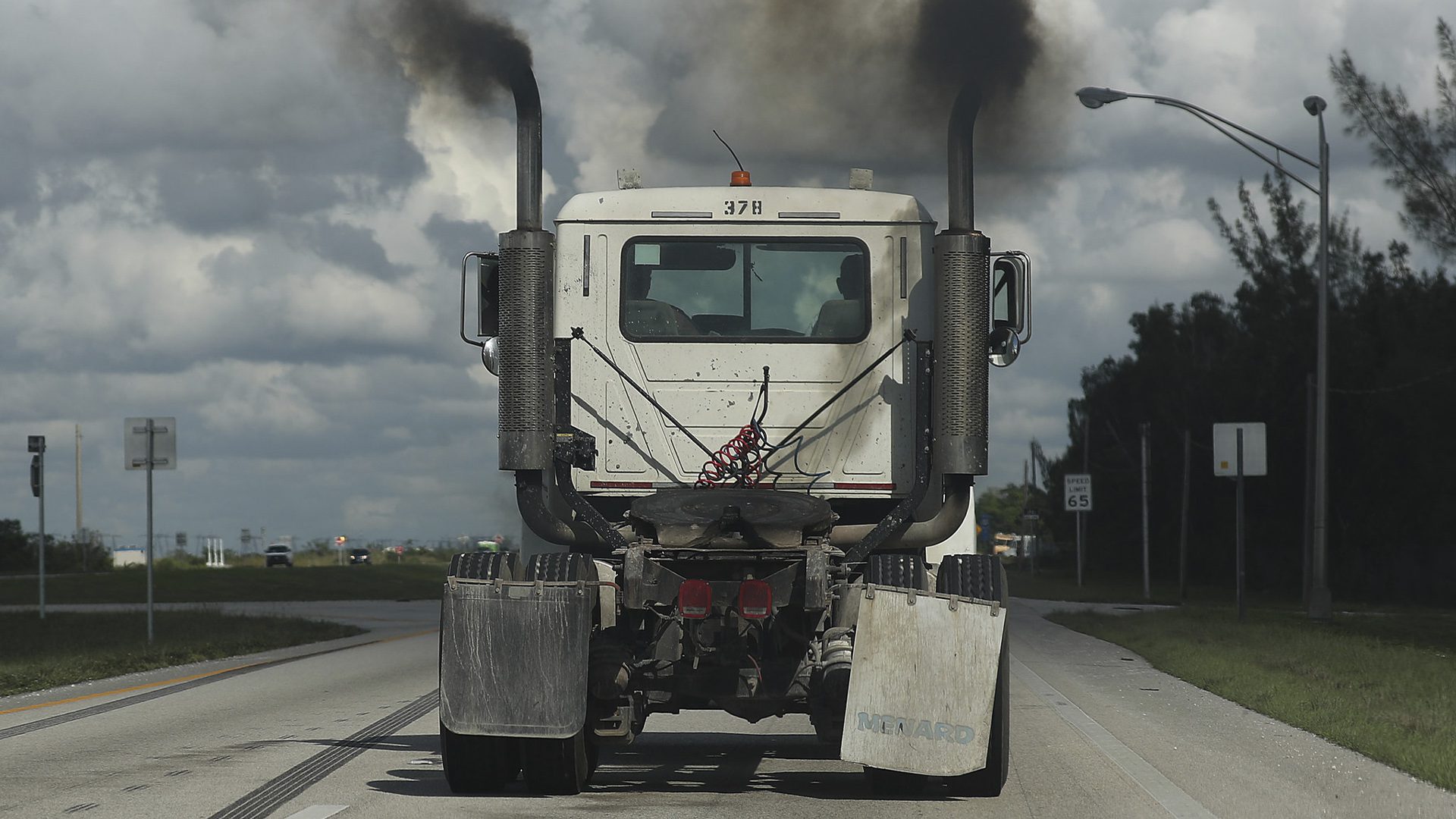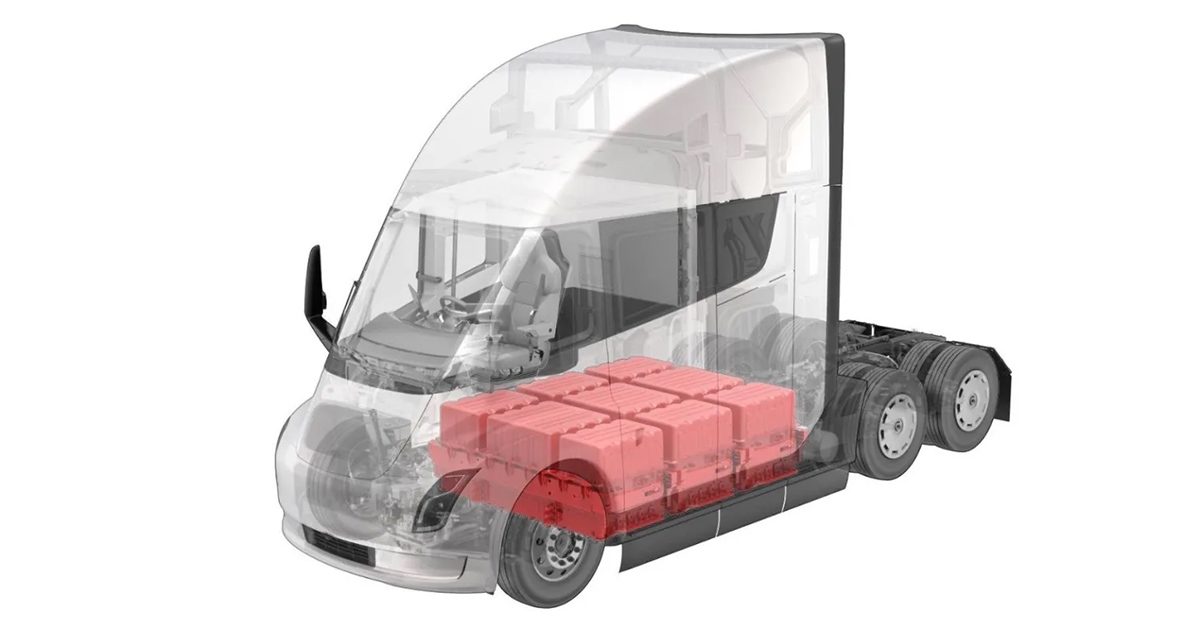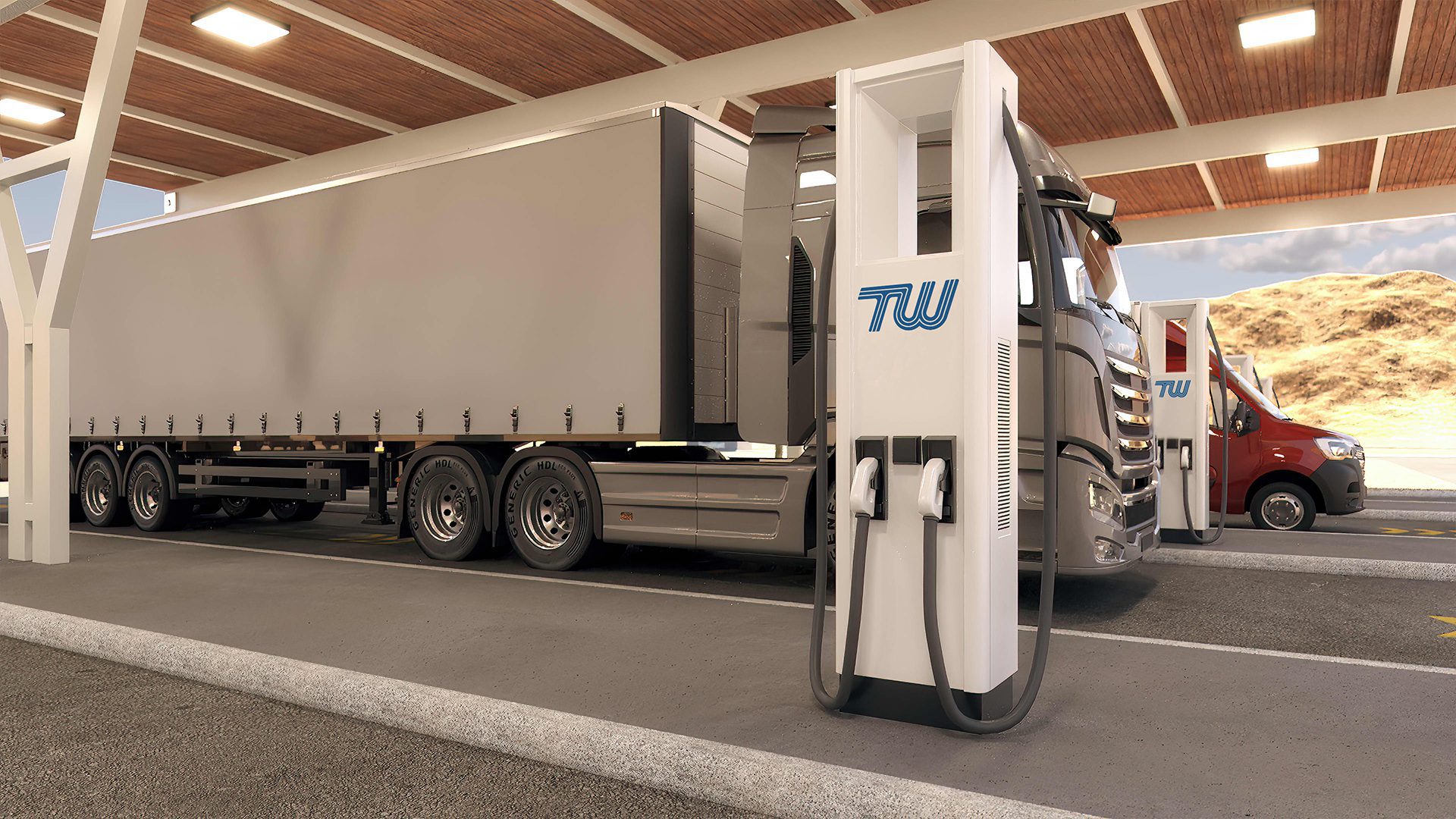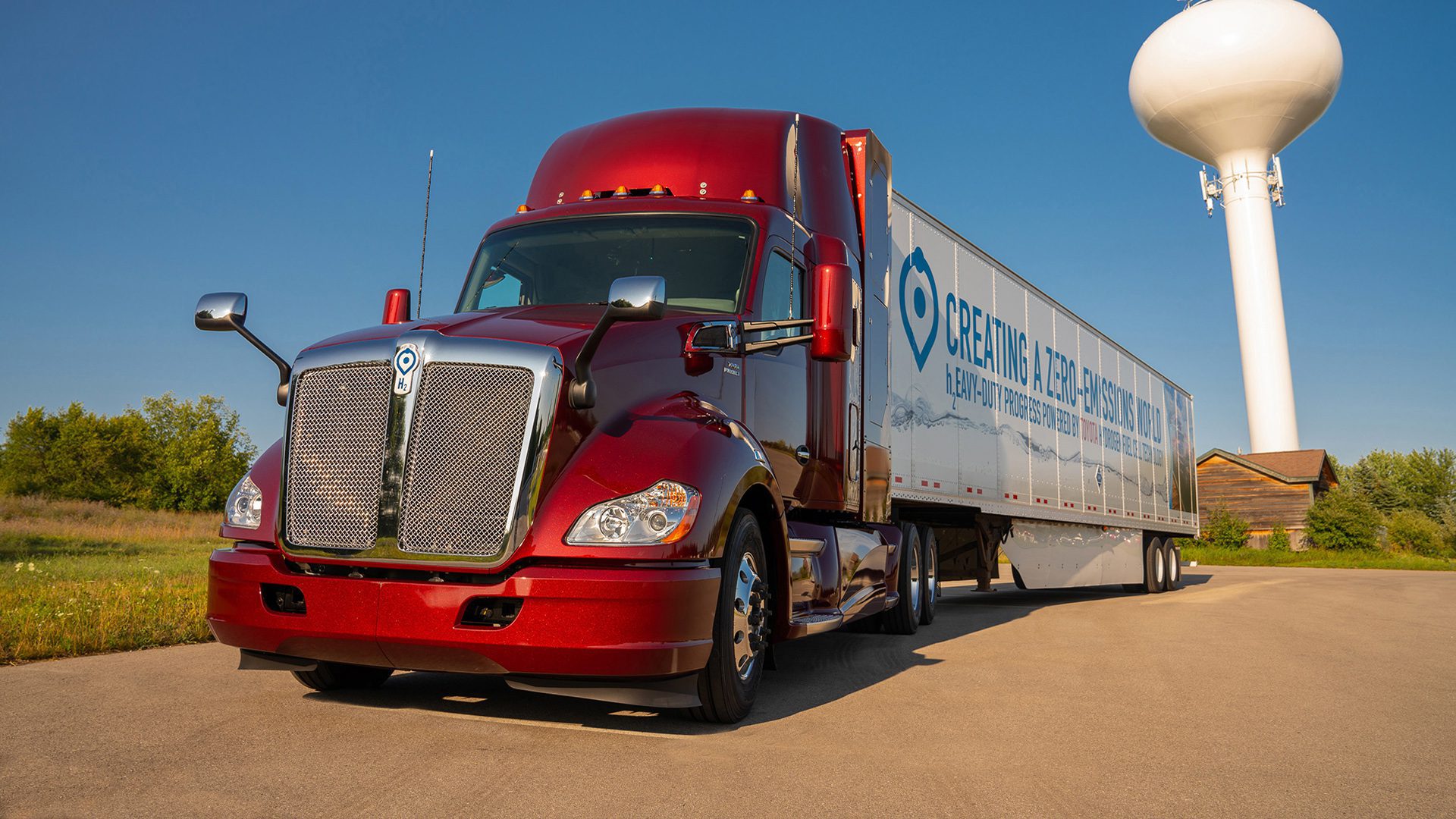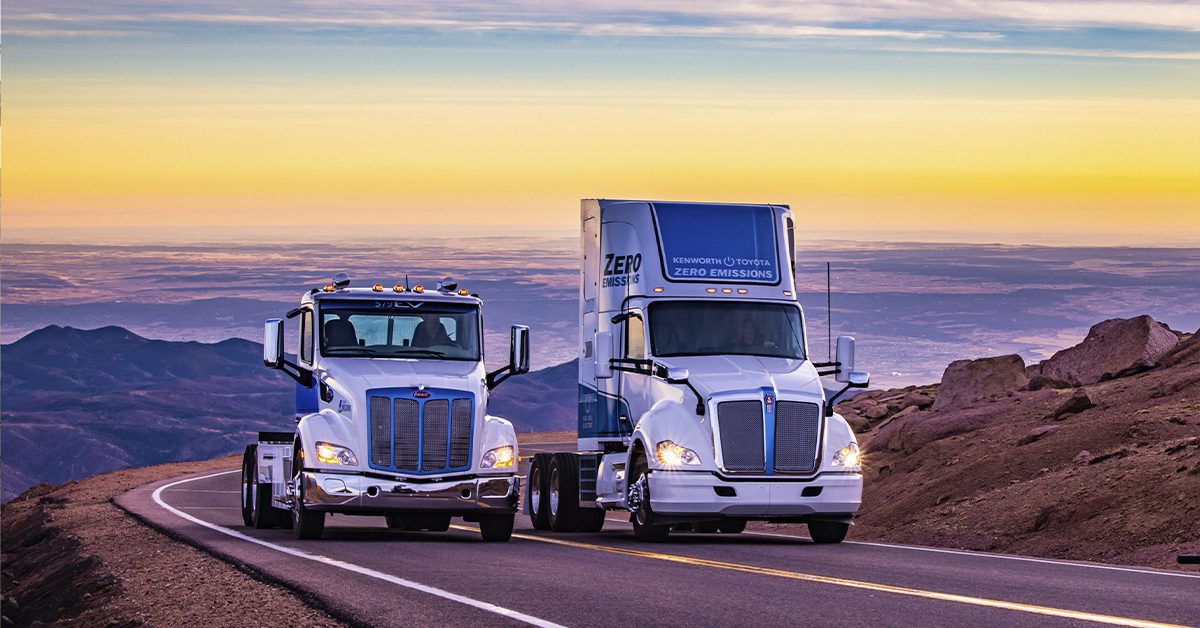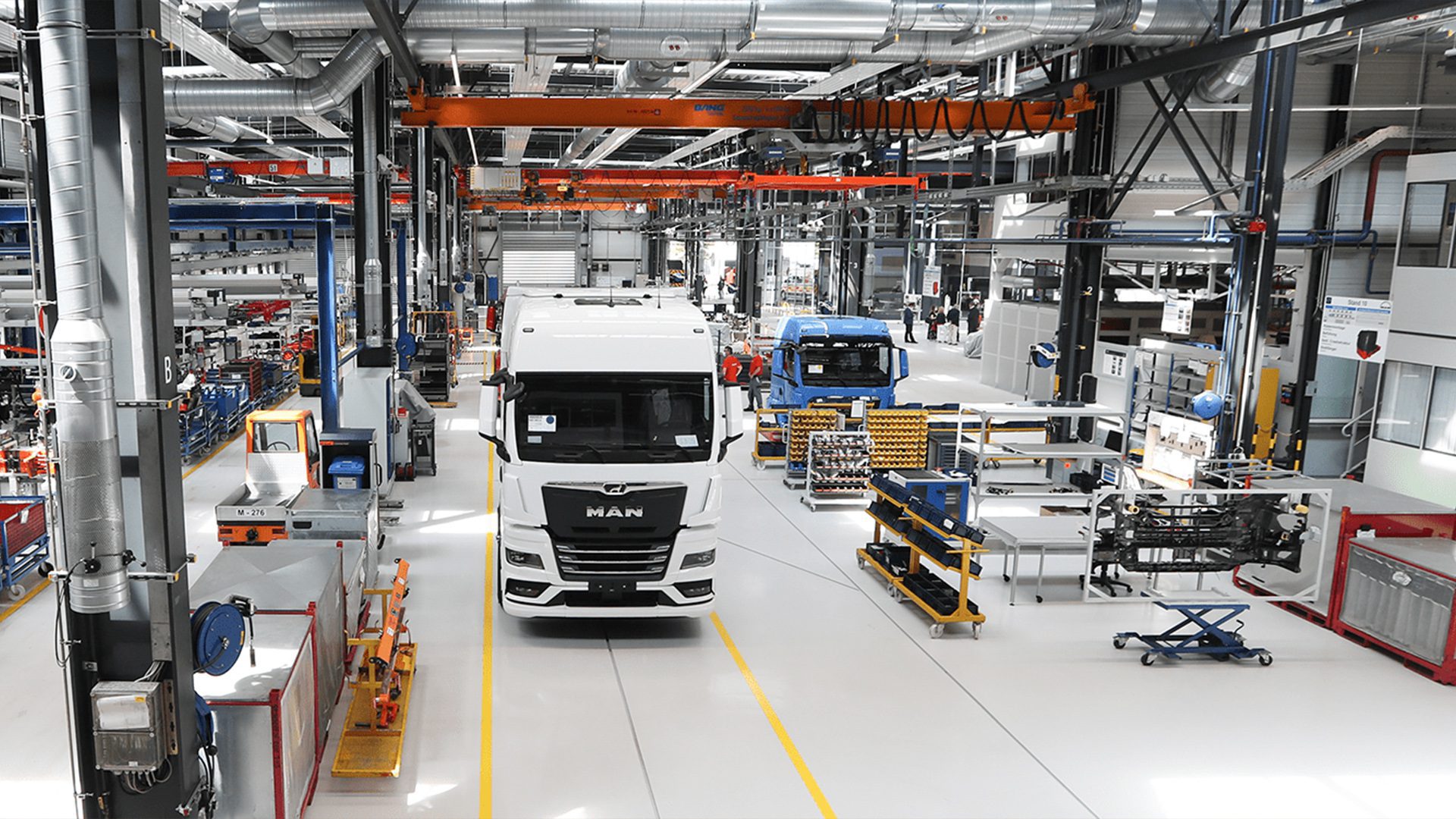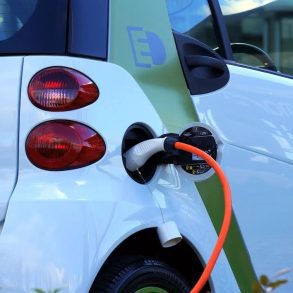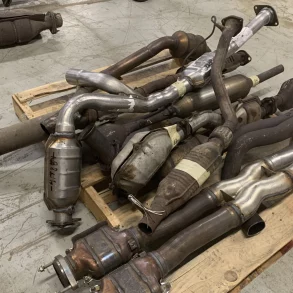Five or six years ago, many people doubted whether electric trucks could compete with traditional gasoline and diesel trucks in terms of cost and range. However, that skepticism is no longer valid today.
Many countries plan to phase out combustion trucks within 15 to 20 years in favor of electric alternatives. By 2030, it’s expected that one-third of all trucks in Europe, North America, and Greater China will be zero-emission vehicles (ZEVs) powered by batteries or fuel cells.
The market share of ZEVs is projected to surpass 70% by 2035. Several factors contribute to this shift, including the declining cost of ownership (TCO) for ZEVs and stricter regulations driving the transition.
This blog post explores the reasons behind this transition, its advantages, challenges, and initiatives to make zero-emission trucks a reality in the United States.
In recent years, there has been a growing emphasis on finding solutions within the transportation industry, specifically targeting the reduction of greenhouse gas emissions and addressing other climate change concerns.
The Environmental Protection Agency (EPA) introduced the “Clean Trucks Plan” to address this issue in March 2022, marking the agency’s first significant revision of vehicle pollution requirements in years and outlining new fuel criteria to reduce nitrogen oxide emissions from trucks beginning in 2027.
The rationale behind this plan is that gasoline and diesel-powered trucks contribute to greenhouse gas emissions in the United States. In fact, these types of trucks accounted for 23% of all transportation-related emissions in the country in 2020.
So, as we strive toward a greener future, there’s mounting pressure on the trucking industry to minimize its environmental impact.
Via Electrek
One effective solution for reducing emissions in the trucking sector is transitioning to zero-emission vehicles. By adopting electric, hydrogen, and natural gas-powered trucks, the transportation industry can make progress toward achieving this goal. Several types of zero-emission trucks include battery-operated, fuel cell-powered, and hybrid models.
The truck transportation industry recognizes the importance of sustainability and its impact on our economy. For this reason, it’s embracing a shift towards zero-emission trucks. The United States is at the forefront of this transformation by prioritizing technologies that revolutionize how goods are transported across the country.
According to a new study by the Department of Energy, zero-emission trucks will become more affordable to purchase, own, and operate than their gasoline and diesel counterparts by 2030, accounting for half of all trucks on the road. Furthermore, the study suggests that by 2035, this trend is expected to extend to the truck fleet.
Via The Revelator
The Importance Of Government Regulations To Ensure Sustainability
When taking into account the harm that fossil-fueled trucks cause, we cannot overstate the importance of sustainable transportation. The transportation sector plays a role in greenhouse gas emissions, air pollution, and energy consumption.
Given growing concerns over climate change and pollution-related health issues, finding alternatives is now a priority. Zero-emission trucks offer a solution to address these challenges.
Federal and state governments have implemented policies and regulations to accelerate the adoption of zero-emission trucks. These initiatives aim to incentivize manufacturers and fleet operators to transition to new technologies.
For instance, under the Biden administration’s targets for 2050, there’s an emphasis on shifting medium- and heavy-duty trucks toward zero-emission vehicles. Additionally, several states have introduced incentives such as tax benefits and emission regulations to promote the use of zero-emission trucks.
Via CNBC
Progress In Electric Vehicle Technology & Infrastructure
The rapid progress in vehicle EV technology serves as a driving force behind the transition toward zero-emission trucks. For instance, electric trucks have advantages over their diesel counterparts, including zero emissions, reduced maintenance costs, and improved energy efficiency.
Today, more than ever, established auto manufacturers and startups are investing heavily in developing trucks with faster charging times and higher payload capacities. These advantages make EV trucks increasingly suitable for demanding applications and long-haul journeys.
Creating a robust charging infrastructure is a crucial step in transitioning to zero-emission trucks.
Therefore, to ensure adoption, it’s essential to establish a network of charging stations.
Collaborations between the government and private sector are underway to invest in deploying this infrastructure along transportation routes, providing truck operators with access to charging facilities.
Via Toyota Newsroom
Economic Benefits
While the initial investment for zero-emission trucks may be higher, the economic benefits are compelling. Operating costs for fleet operators are significantly reduced as electric trucks eliminate fuel expenses and require less maintenance.
Additionally, economies of scale will reduce manufacturing costs as demand grows, ultimately making these vehicles more affordable. Moreover, establishing an electric truck industry creates job opportunities and contributes to economic growth.
Via Trucklabs
Overcoming Challenges Through Collaboration And Partnerships
The successful transition towards zero-emission trucks relies on collaboration and partnerships within the industry. Automakers, technology companies, utilities, and logistics providers are coming together to develop solutions and form alliances that drive this shift in transportation.
This collaborative approach enables the exchange of knowledge, leverages expertise, and creates integrated systems that facilitate the adoption of trucks with zero emissions.For instance, in 2021, General Motors and Honda formed an alliance to research and develop common platforms for electrified and internal combustion vehicles.
And while transitioning to zero-emission trucks brings benefits, there are still challenges. These include concerns about charging infrastructure, range anxiety, and the weight and cost of battery systems.
However, ongoing research and development efforts are focused on improving battery technology, enhancing range capabilities, and reducing charging times. Moreover, governments and industry stakeholders are actively working towards expanding charging infrastructure to ensure a transition to zero-emission trucks.
This collaborative landscape may also serve to encourage competition among manufacturers, which is a good thing as it will favor the accessibility of these cleaner technologies and consequently lower acquisition costs.
Via Business Wire
Positive Impact On The Environment And Health
The adoption of zero-emission trucks in the United States is expected to impact the environment and public health. By eliminating emissions from tailpipes, these trucks will contribute to air quality, reduce noise pollution, and improve people’s well-being.
Furthermore, the substantial reduction in greenhouse gas emissions will help us achieve our climate goals for the future. However, it is essential to acknowledge that this transition will take time.
Even when truck companies cease manufacturing diesel-powered vehicles, there will still be many internal combustion engine fleets on our roads that continue to support American commerce routes and connect people across the country.
In reality, various trucking industry associations are cautioning that the plan for trucks could significantly raise the cost of trucks. This could result in truckers sticking with fossil-fueled trucks for a while.
However, consumers will still have access to parts and services for their fossil-fueled trucks for years to come. For instance, online vendors such as DPF Parts Direct offer truck engine parts, enabling trucks to return to the road quickly.
Via Electrive.com
The Future of Sustainability and Technology
To sum up, the truck transportation industry in the United States is transforming by embracing zero-emission trucks. Concerns about sustainability, government support, technological advancements, and cooperative efforts are the driving forces behind this progress.
While challenges are involved, shifting to zero-emission trucks is crucial because it brings benefits such as reduced emissions, economic advantages, and improved health.
By embracing this change, the industry is leading the way toward a transportation system that’s both sustainable and efficient. Ultimately, this will benefit generations.

